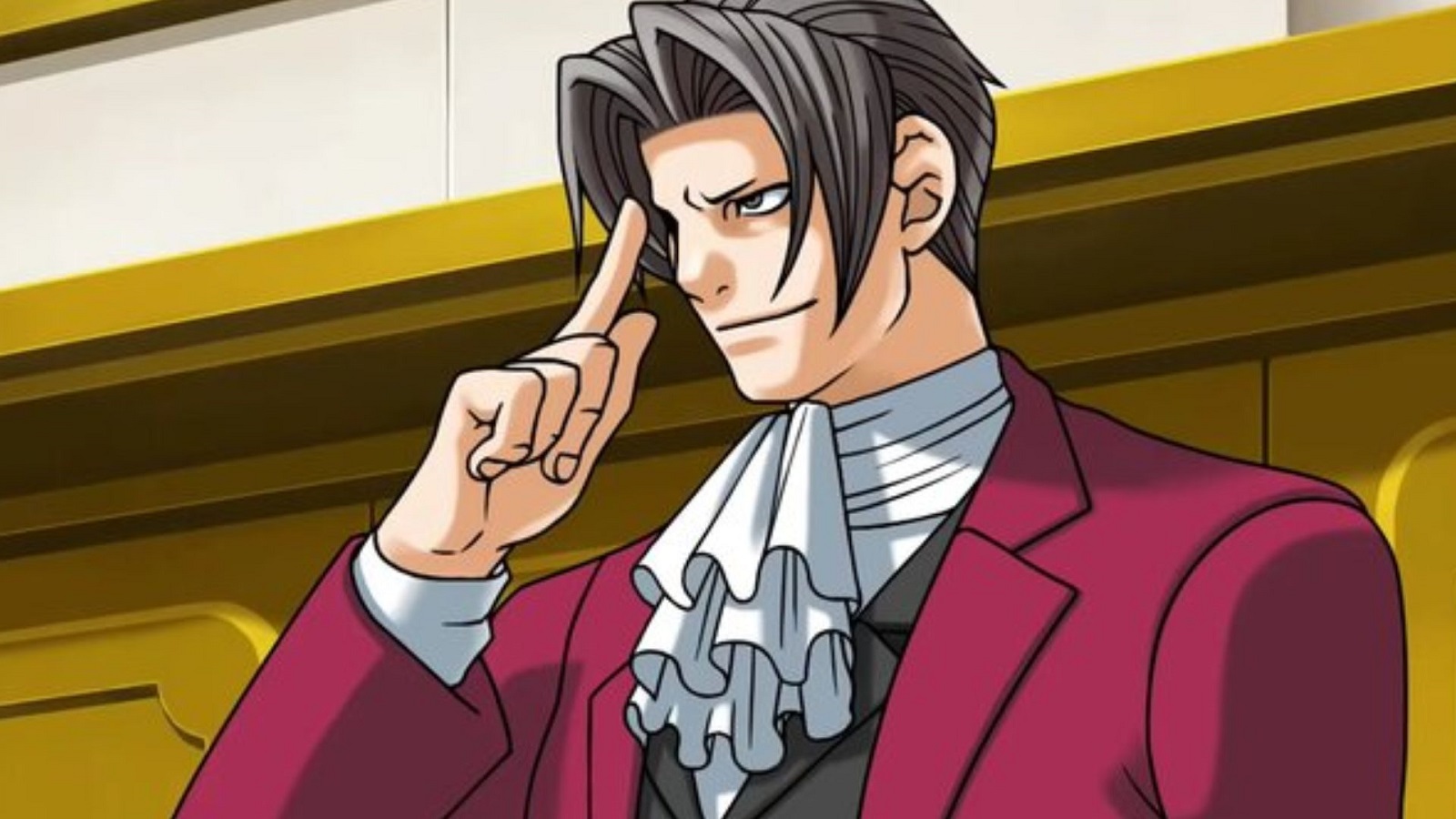
A collective representing Japanese animation firms, including the famed Studio Ghibli, has insisted that OpenAI halt the utilization of their artwork for training its AI video software, Sora 2. This week, the Content Overseas Distribution Association (CODA) released a statement disclosing that it had urged OpenAI to cease at the behest of its member companies.
CODA remarked: “CODA has verified that a significant amount of content generated by Sora 2 bears close resemblance to Japanese creations or visuals. CODA has concluded that this arises from employing Japanese content as data for machine learning. In instances, such as with Sora 2, where particular copyrighted works are either reproduced or generated similarly as outputs, CODA believes that the act of duplication during the machine learning process could be seen as copyright infringement.
Moreover, as per media reports, it has been indicated that Sora 2 functions via an opt-out mechanism based on requests from copyright holders. Nonetheless, under Japan’s copyright regulations, prior approval is typically required for utilizing copyrighted materials, and there exists no framework permitting avoidance of liability for infringement through subsequent objections.”
CODA requested that OpenAI refrain from using the artwork of Japanese animation companies without authorization and that the organization “addresses claims and inquiries from CODA member entities concerning copyright violations” in a sincere manner.
CODA represents Studio Ghibli, the video game publisher Square Enix (creator of Final Fantasy), and numerous other publishers. No company has encountered a more contentious relationship with OpenAI than Studio Ghibli.
A viral phenomenon in March saw individuals generating Ghibli-style images and videos through ChatGPT and Sora, which stirred significant controversy, considering that Studio Ghibli co-founder Hayao Miyazaki is strongly against AI. “Whoever creates this stuff has no idea what pain is whatsoever,” he stated in a 2016 documentary. “I am utterly disgusted. If you truly want to produce creepy material, you may proceed. I would never desire to incorporate this technology into my work at all. I profoundly believe that this is an affront to life itself.”
That, however, did not deter OpenAI from fully embracing the trend. Now, months later, it seems the dispute persists.